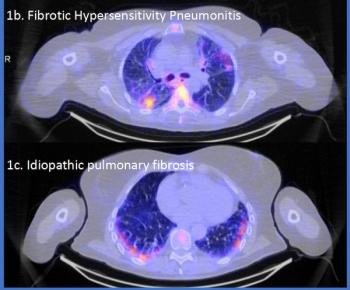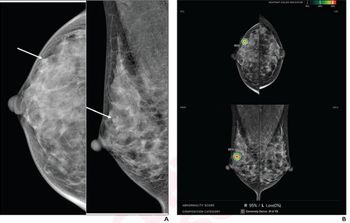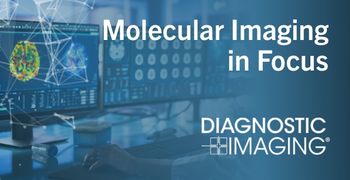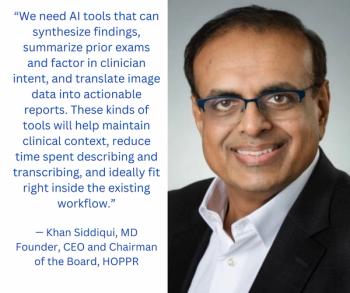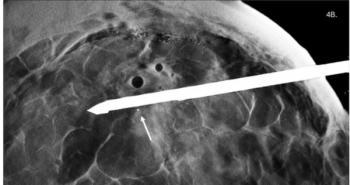FDA Clears Updated AI Platform for Digital Breast Tomosynthesis
Employing advanced deep learning convolutional neural networks, ProFound Detection Version 4.0 reportedly offers a 50 percent improvement in detecting cancer in dense breasts in comparison to the previous version of the software.
Offering improved detection for breast cancer in women with dense breasts as well as enhanced diagnosis of invasive lobular cancer, the AI-powered ProFound Detection Version 4.0 software for digital breast tomosynthesis (DBT) has garnered 510(k) clearance from the Food and Drug Administration (FDA).
ProFound Detection Version 4.0 provides a 50 percent improvement for diagnosing breast cancer in women with dense breasts in comparison to the previous version of the software, according to iCAD, the manufacturer of ProFound Detection Version 4.0.
In contrast to the third version of the software, iCAD said ProFound Detection Version 4.0 also offers a 60 percent improvement in diagnosis of invasive lobular cancer, a 38 percent improvement in detecting cancer smaller than 1 cm and a 21 percent improvement in identifying invasive breast cancer.
“ProFound Detection Version 4.0 will dramatically improve breast cancer detection,” noted Chirag Parghi, M.D., M.B.A., the chief medical officer at Solis Mammography. “The newest version’s ability to detect subtle invasive cancers, especially within dense breast tissue, addresses one of the biggest challenges in breast imaging today.”
Noting the software’s potential for reducing false positives, iCAD said ProFound Detection Version 4.0 offers a 20 percent reduction in marks related to vascular calcification and a 51 percent reduction in marks related to non-vascular calcification. The software, which will be showcased at the upcoming Radiological Society of North America (RSNA) 2024 Annual Meeting, also enables radiologists to include a prior DBT examination into the AI analysis, according to iCAD.
Newsletter
Stay at the forefront of radiology with the Diagnostic Imaging newsletter, delivering the latest news, clinical insights, and imaging advancements for today’s radiologists.

